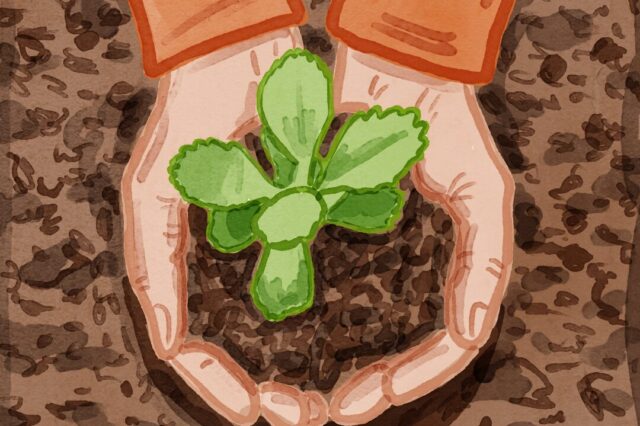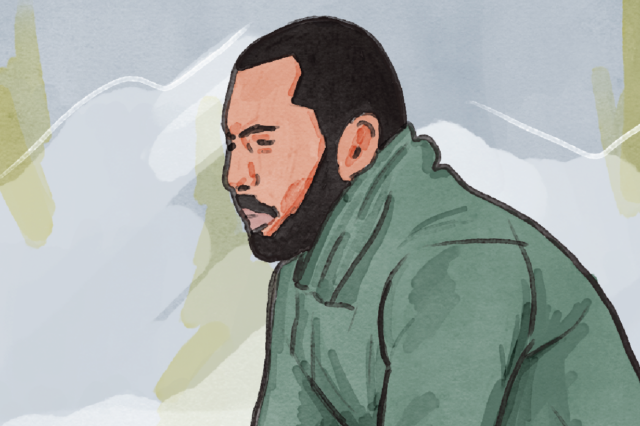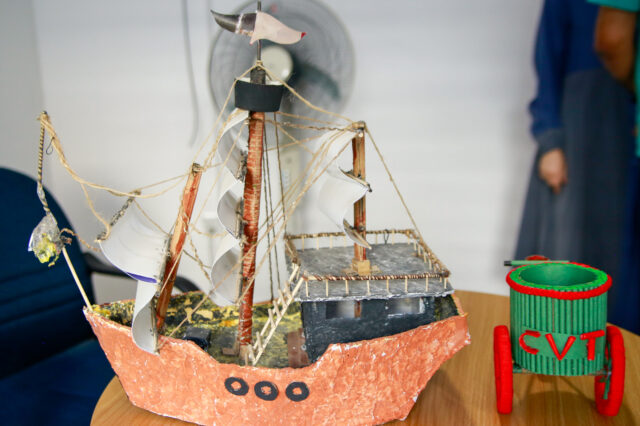Mosaab's Story
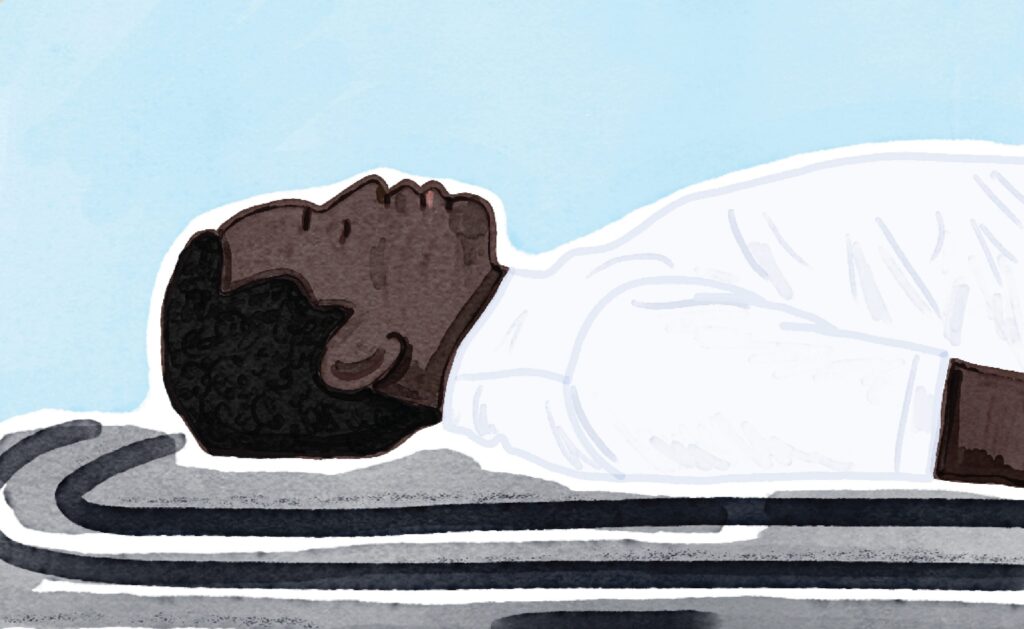
Before coming to Jordan, I was in my home country, Sudan, living in a province of Darfur. I had an ordinary life; everything was normal. I was helping out my father in his agricultural work – he would cultivate crops and sell them in the market and I would assist.
When I was 19, war broke out. It was then that everyone fled from the city we used to live in and from the military camps.
Nothing to return to
The farm we used to work on had been set on fire. We lost our land, our farms and our jobs.
A few of us returned to the village after the gunfire exchange stopped to look for our loved ones, hiding in the grass. I couldn’t find any living members of my family, including my mother or my brother. I kept searching for them. I tried my best to retrace my family and search for them, but I couldn’t find them.
We saw all the people who couldn’t flee – the ground was filled with dead bodies. I witnessed my dad trying to get away with injuries after being shot, but after I came back to the village, I saw that he did not manage to flee. I found the dead body of my sister, bloody and without clothes.
I lost both my sister and my father to gunfire.”
After almost fainting at the sight of my sister, I was knocked unconscious when a militant hit me with the bottom of a rifle. When I woke up, I was taken to a school that was made into a detention site. There were a lot of detainees there, and I was the youngest in the group. We were interrogated harshly and beaten. Most detainees don’t make it out alive, and were expected to die during interrogation.
One day, a whistle was blown. The militants and armed groups ran for their lives. That was when we were rescued by the Red Cross organization. While we were without shelter, they provided us with healthcare, first aid assistance and tents.
Later the armed militia broke into this camp to make arrests, but I managed to flee to another city. Following two more stops after this, I made it to Jordan.
Aid to aid connection
When I made it to the city, I was initially referred to an aid organization, which diagnosed a tumor found to be the result of the torture. I heard about CVT through the clients there; they were talking about an organization that did psychosocial support. This is how I was first introduced.
A change in outlook
Before working with CVT, I was absolutely devastated. I was reduced to a person with a tumor. I lived alone, had no appetite and did a lot of physical labor for my job without taking care of myself. I was a walking dead man.
CVT helped me restore my life and rebuild my spirit. This was through passion, compassion and kindness. CVT motivated me to find a job and to prove myself in the community and society.
This new motivation was reflected in my personality. Through the affection I received from therapists and social workers, it made me realize the value I had as a person and as a human. I became more able to mingle with locals and people in general in the community.
My life changed entirely. I became a person who looked forward to having a more colorful and fruitful life.”
Recently, I got engaged. Because of the psychological support I received from CVT, I was able to build a relationship with her. I have a good relationship with her father, and I love her stubbornness.
I told Dr. Eman a story – in the middle of all the Sudanese people chasing their dreams of resettlement, I was the only one who was not. I was taught that family comes first. The dream I was chasing was to build a family, and I relied on myself to pick my own wife instead of my mother doing so (as is customary).
Through working with CVT, I’ve learned how to be positive and how to deal with someone who is negative. Life is about cooperation, lending helping hands, having positivity deep in our hearts.
Gratitude for instilled positivity
Today, I am doing much better. I would like to express my sincere gratitude to Dr. Eman, as she prioritized me over herself. She lent me a helping hand and helped get things off my chest.
She is part of my family now.”
I have gratitude and respect for her. There are not enough words that are sufficient to describe her help for me. I owe her big time.
I also extend my gratitude to donors, for providing healing and sufficient funds to be supporting people. They supply CVT with the assets and the support people need in order to bring clients back to life.
Today, the possibility of a brighter future for me and my spouse gives me hope.
To say thank you is the least I can do in return. There’s a famous Arabic quote:
It’s always impossible to pay back someone who does good to you.”

